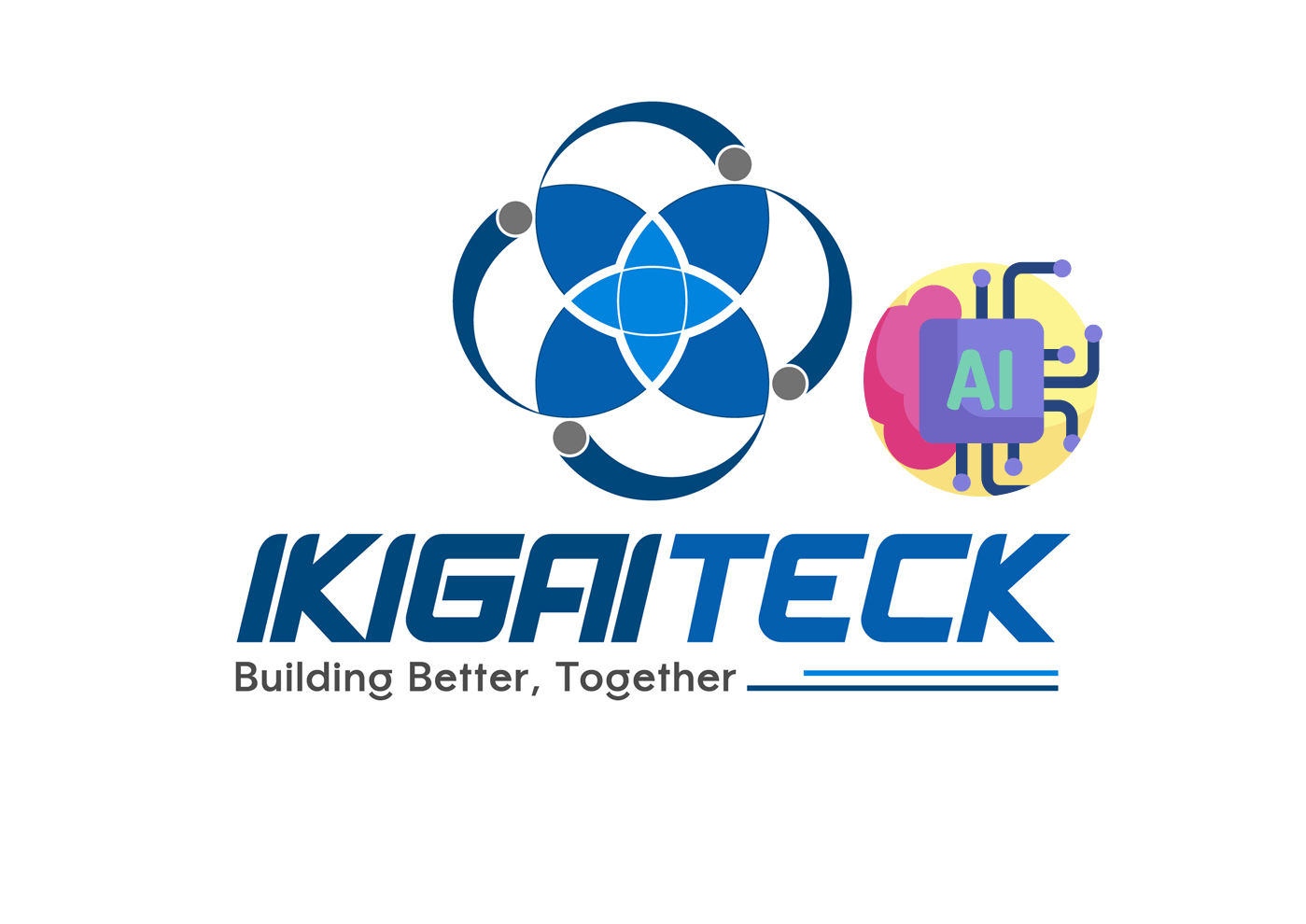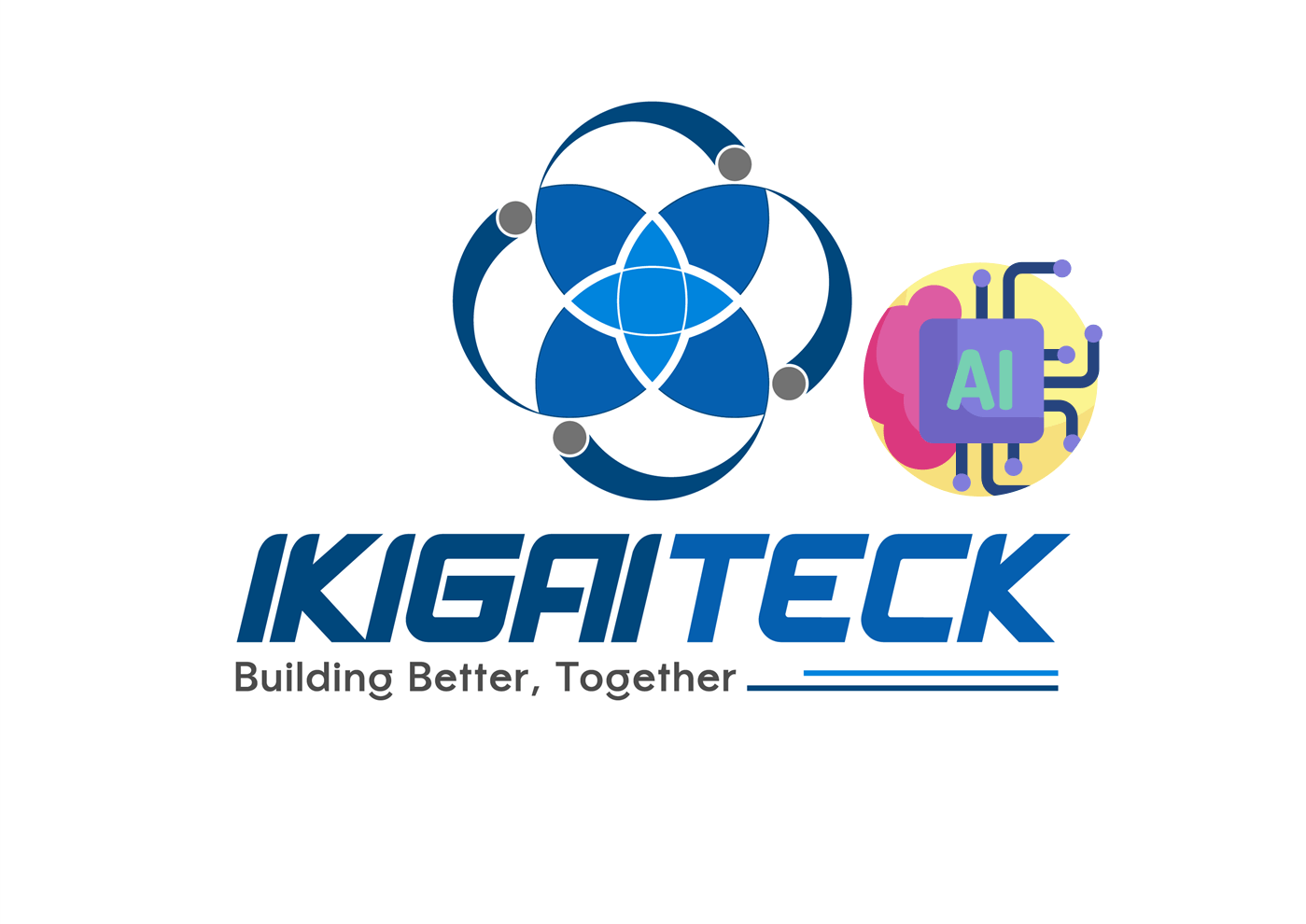Make.com in 2025: Smarter Automation for Most Businesses, Without Code
Smarter Workflows, Real Impact: Make in 2025
Most businesses don’t fail because they lack tools — they fail because the tools don’t talk to each other. Teams spend hours stitching together data, juggling approvals, and manually tracking progress across departments. It’s messy, slow, and unsustainable.
That’s where Make comes in — a no-code platform designed to automate and connect your tools and processes visually, without needing technical skills.
What is Make?
Make is a powerful no-code automation platform that helps individuals, teams, and businesses streamline their workflows by connecting apps and automating repetitive tasks — all without writing a single line of code.
It’s designed for anyone who wants to save time and reduce manual work, whether you're a solo creator, a startup founder, or part of a larger organization. With Make, you can visually build automations, called scenarios, using a drag-and-drop interface. Each scenario starts with a trigger (an event that kicks off the workflow), followed by modules (which perform actions, like sending an email or updating a spreadsheet).
This setup makes it possible to connect tools like Google Sheets, Gmail, Dropbox, Airtable, and even advanced AI services — in ways that match how your business actually works. You define the logic. Make runs the tasks for you.
At its heart, Make is about making automation accessible, customizable, and powerful, no matter your technical background.
What You Can Do with Make
At its core, Make is about automation without abstraction. You’re not writing code or scripting APIs. Instead, you're designing logic visually — defining triggers, connecting apps, and layering conditions based on real business rules.
You can build anything from a simple email alert to a full data pipeline that connects Google Sheets, CRM systems, internal databases, and even AI tools like OpenAI or Gemini.
Need a Slack alert when a contract is signed? Easy. Want to extract structured data from PDFs and sync it to Airtable? Done. Curious if you can auto-assign leads based on email sentiment? Absolutely.
The platform supports over 2,000 apps and 30,000+ actions, with drag-and-drop simplicity.
What’s New in 2025: Make Goes Smarter, Not Just Bigger
Make isn’t standing still. In 2025, the platform introduced three major updates that make a clear shift toward intelligent automation — not just logic-based automation.
1. AI Agents: Context-Aware Automation
Instead of defining every “if-then” rule, Make now allows you to use AI Agents — intelligent nodes that understand the goal of your workflow and can adjust steps dynamically.
For instance, say you’re processing customer support tickets. An AI Agent can classify urgency, route the issue, and adapt responses depending on the tone or context — without hardcoding decision trees.
This is agentic automation in action. It’s still grounded in logic, but it evolves with your data.
2. Make Grid: Visualizing the Big Picture
As automation scales, complexity becomes a problem. Make Grid gives you a birds-eye view of your entire automation landscape — what runs where, what depends on what, and where potential bottlenecks may exist.
This is particularly useful for teams with many interlinked scenarios. You’re not just debugging isolated flows anymore; you're optimizing systems.
3. AI Content Extractor: From Chaos to Structure
One of the most common pain points in automation is handling unstructured content — PDFs, images, voice notes. With the new AI Content Extractor, Make lets you turn that raw content into structured fields instantly.
For example:
Upload a scanned invoice → extract vendor, date, and amount
Parse a job application → fill CRM with candidate info
Analyze a voice note → summarize into next steps
All this happens inside your scenario. No plugins. No external APIs.
Beyond Automation: A Step Toward Process Intelligence
While many tools promise “automation,” they often mean executing repeated tasks faster. Make, on the other hand, is leaning into process intelligence — enabling your workflows to adapt, learn, and improve over time.
You can embed feedback loops, introduce AI checkpoints, and connect cross-functional processes that used to be siloed across HR, sales, operations, and marketing.
This is especially powerful for businesses undergoing digital transformation, but lacking large IT teams.
How Does Make Compare to Alternatives Like n8n or Zapier?
Each platform has its niche. Zapier is great for basic integrations. n8n is powerful for developers who want self-hosting and fine-tuned control. But Make strikes a unique balance — visual enough for non-tech teams, yet powerful enough for enterprise use.
With the recent launch of AI Agents and Grid, Make now competes directly in the enterprise automation space while still serving solopreneurs and agile startups.
What’s more, the scenario editor remains one of the most intuitive in the market.
Getting Started: One Use Case at a Time
You don’t need to overhaul your systems overnight. Here’s a common path many teams follow when adopting Make:
Start Small
Choose a process that’s annoying but repetitive — like onboarding a client or syncing leads between tools.Map the Logic
Use Make’s visual builder to map out the steps: trigger → condition → action.Add Intelligence
Introduce an AI Agent or use a content extractor to reduce manual input.Scale Gradually
As confidence grows, automate larger workflows — reporting, renewals, customer journeys.
Over time, what starts as a simple connection becomes the foundation of a smarter system.
Conclusion: Why Make Matters in 2025
Automation isn’t just about saving time anymore. It’s about building resilient, scalable systems that can adapt as your business evolves.
Make is giving teams the tools to do just that — without hiring developers or buying bloated enterprise suites. You design the workflows. You set the logic. You decide when AI should step in.
In a world where speed, clarity, and adaptability define success, Make is no longer just a no-code platform. It’s becoming the operating system for modern work.
👉 Realize your business’s full potential with Make’s intuitive no-code development platform and harness the full power of AI.
(Some links on our site may be affiliate, meaning we may earn a small commission at no extra cost to you.)
Subscribe now !
Be the first to explore smart tech ideas, AI trends, and practical tools – all sent straight to your inbox from IkigaiTeck Hub
IkigaiTeck.io is an independent tech publication sharing practical insights on AI, automation, and digital tools.






